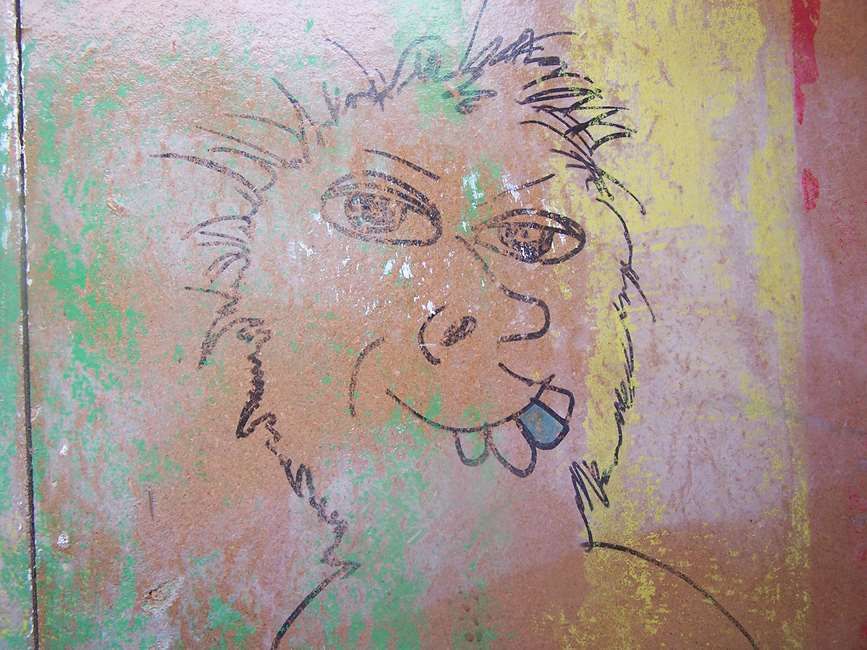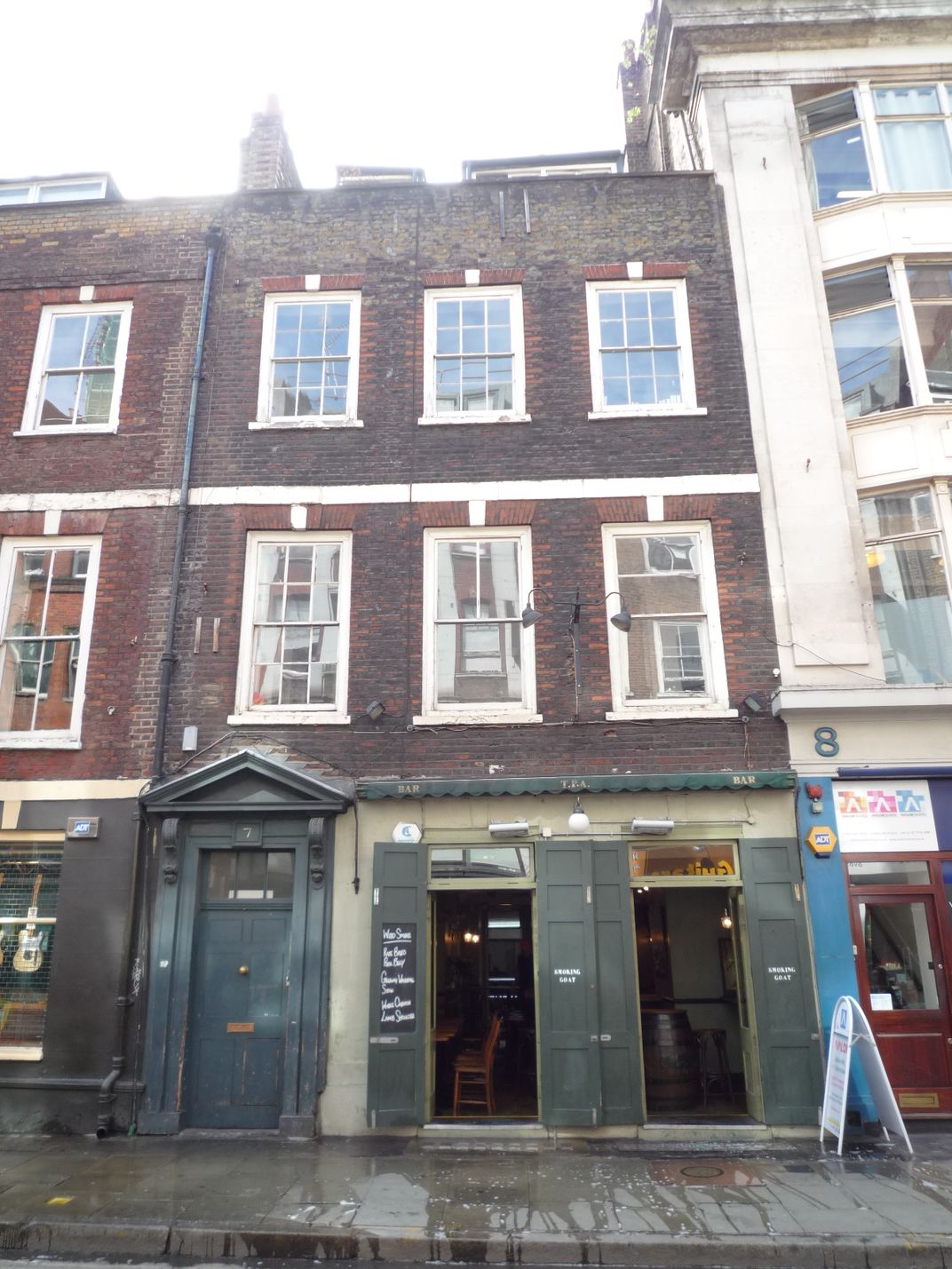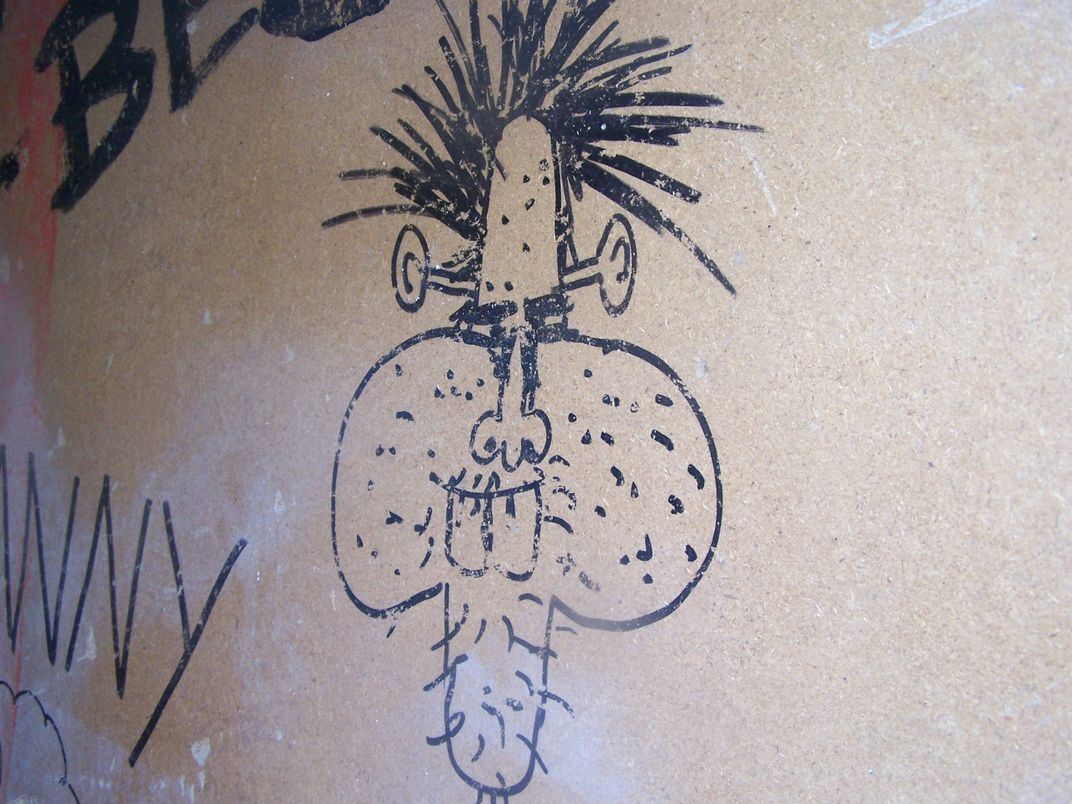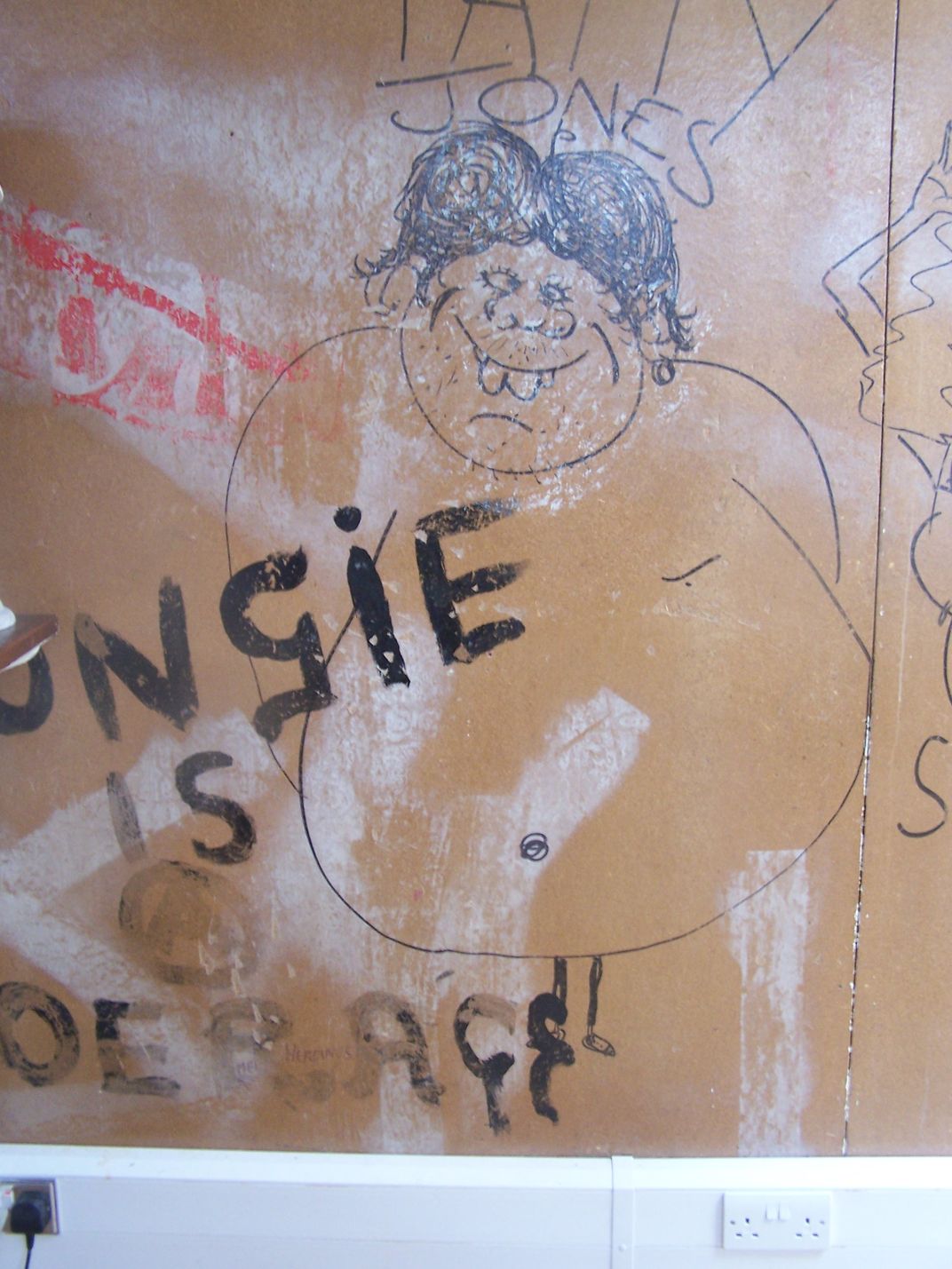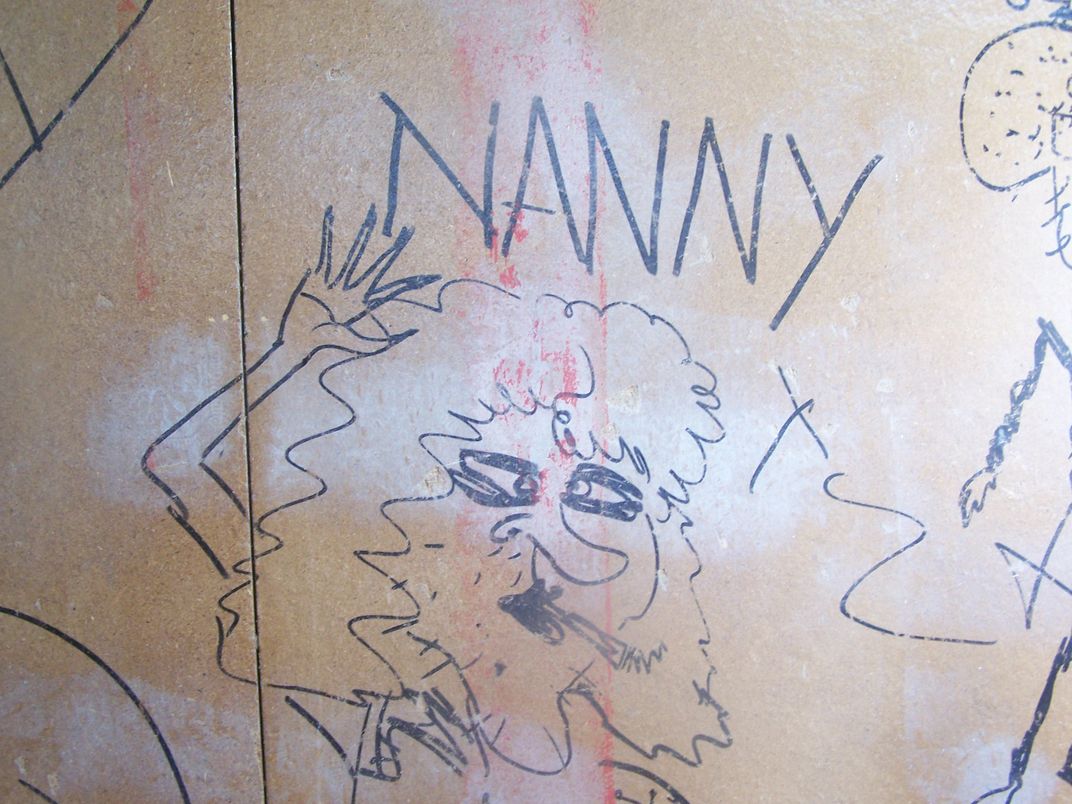Johnny Rotten’s Graffiti Made These Buildings Historic Landmarks
The Sex Pistols’ home and recording studio are now protected as a cultural heritage sites
For fans of London’s music scene, the West End’s Denmark Street has a special place in history. Nicknamed “Tin Pan Alley,” the townhouse-lined street was where musicians like the Rolling Stones, Elton John, and David Bowie lived, wrote, and recorded some of their most famous songs. Now, thanks to some 40-something-year-old graffiti drawn by the Sex Pistols’ Johnny Rotten, two buildings on the street have been granted historic protection by the United Kingdom’s Department of Culture, Media and Sport.
The buildings in question, No. 6 and 7 Denmark Street, were originally built during the 17th century. According to Historic England, the influential heritage group behind the historic designation, these buildings are not only well-preserved examples of late-17th century London architecture, but played an important role in the United Kingdom’s culture as the one-time home and recording studio of seminal punk band, the Sex Pistols, Amah-Rose Abrams reports for artnet News.
“Cultural phenomena can be difficult to capture in the historic environment, yet here we have an imprint of one of the country's most famous bands," Emily Gee, Historic England’s head of designation, says in a statement. “These houses chart the history of Soho, and we're delighted that they're being given such important status."
The buildings are attached in the back by an outbuilding, which was originally a silversmith’s workshop. But in the 1970s, the Sex Pistols’ manager, Malcolm McLaren, rented out the outbuilding for the band to live in while they recorded their earliest demos. Doubling as a recording studio, the band recorded versions of songs like Anarchy in the U.K. and God Save The Queen in the space. At some point during the recording sessions, lead singer Johnny Rotten (real name John Lydon) took a black marker to the walls, scribbling crude drawings of McLaren, guitarist Sid Vicious and his girlfriend, and even a cartoonish self-portrait, Ian Burrell reports for the Independent. Now, the building has been granted Grade II* status – the second-highest level of protection a building can be granted in the U.K.
Considering the Sex Pistols’ firmly anti-establishment stance, it’s more than a bit ironic that the building where they first recorded a song that accused the Queen of being a fascist is being preserved by that same government 40 years later. However, Posey Metz, the listings advisor who assessed the buildings for Historic England, says that punk so important to the U.K.’s culture that it should be preserved regardless, Mark Brown writes for the Guardian.
“The alternative is saying: let’s forget all about punk because they don’t want to be remembered as part of our history,” Metz tells Brown. “Punk can teach us a lot in our modern lives in terms of freedom of expression and not conforming...it is really important these things are understood and valued.”
The studio may be protected from future development, but whether or not punk fans like the listing is a different story. Johnny Rotten was famously disrespectful of “architectural niceties,” Burell writes, and recently McLaren’s son, Joe Corré, vowed to set fire to his $7 million collection of punk memorabilia to protest 40th anniversary celebrations of punk’s mark on pop culture. While Corré’s collection may go up in smoke, this designation means that Johnny Rotten’s scribbles will continue to live on.
